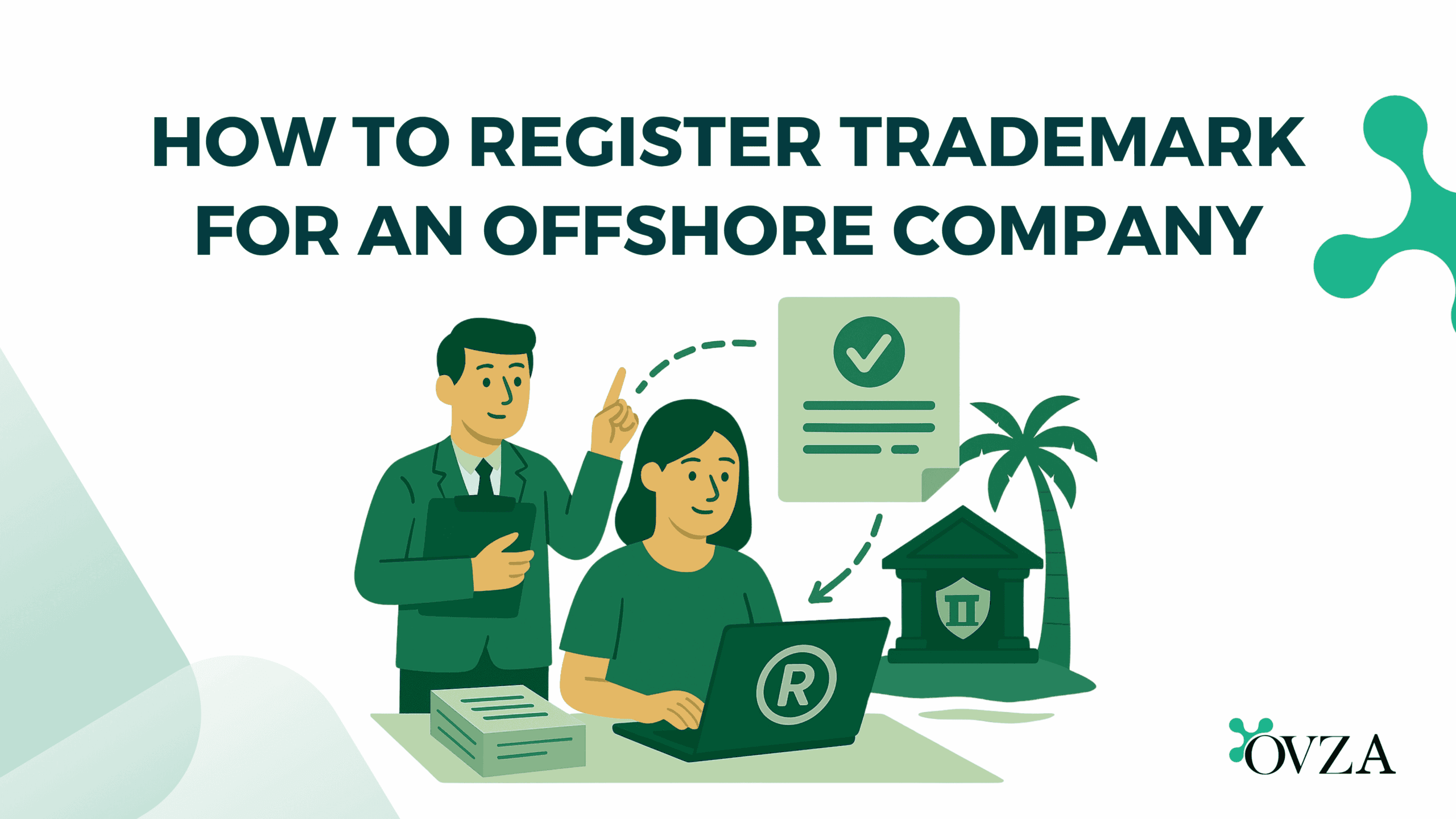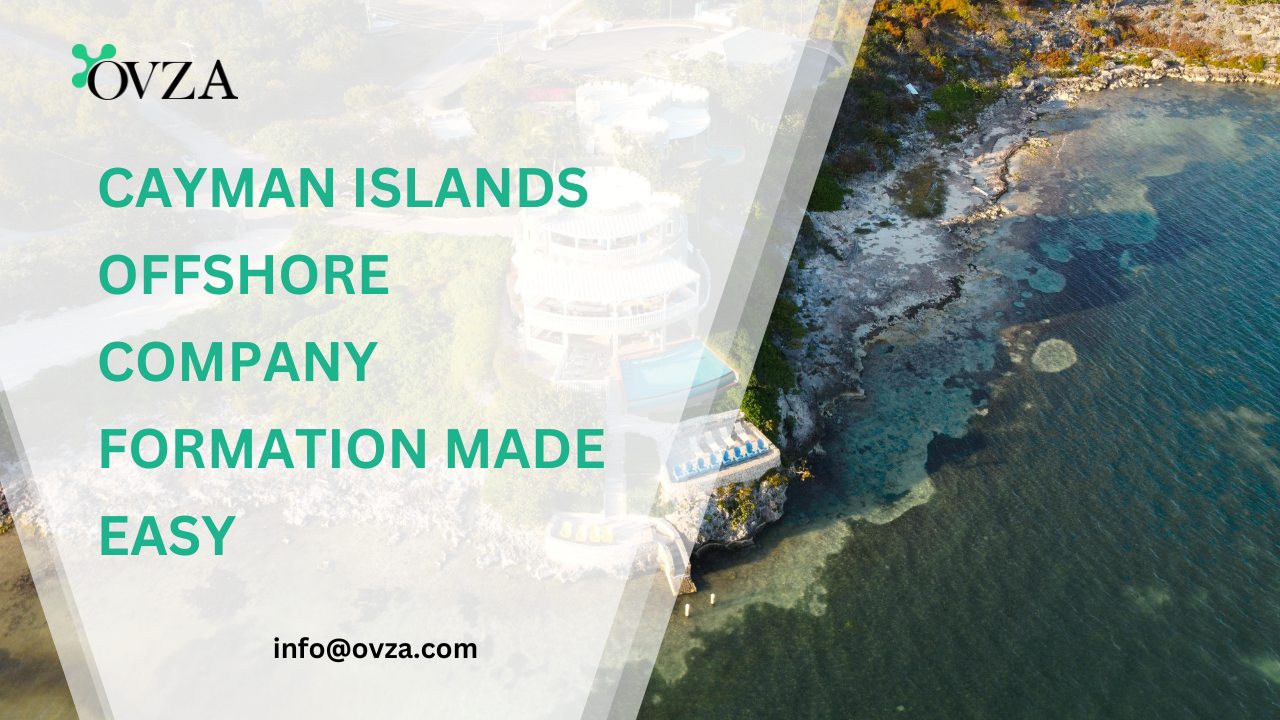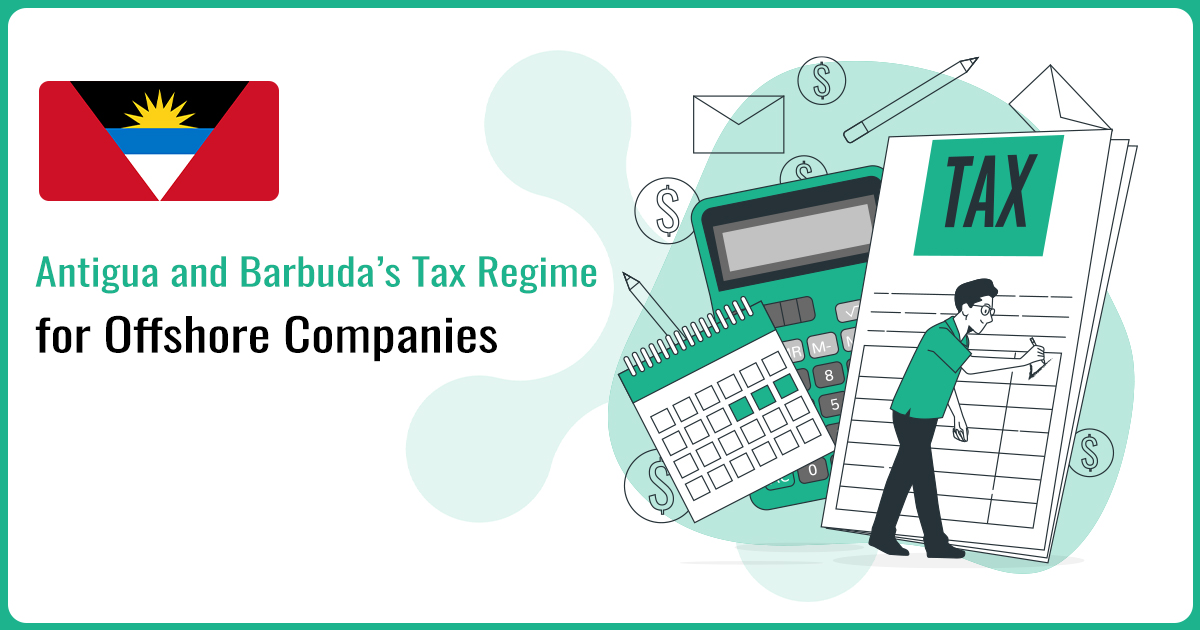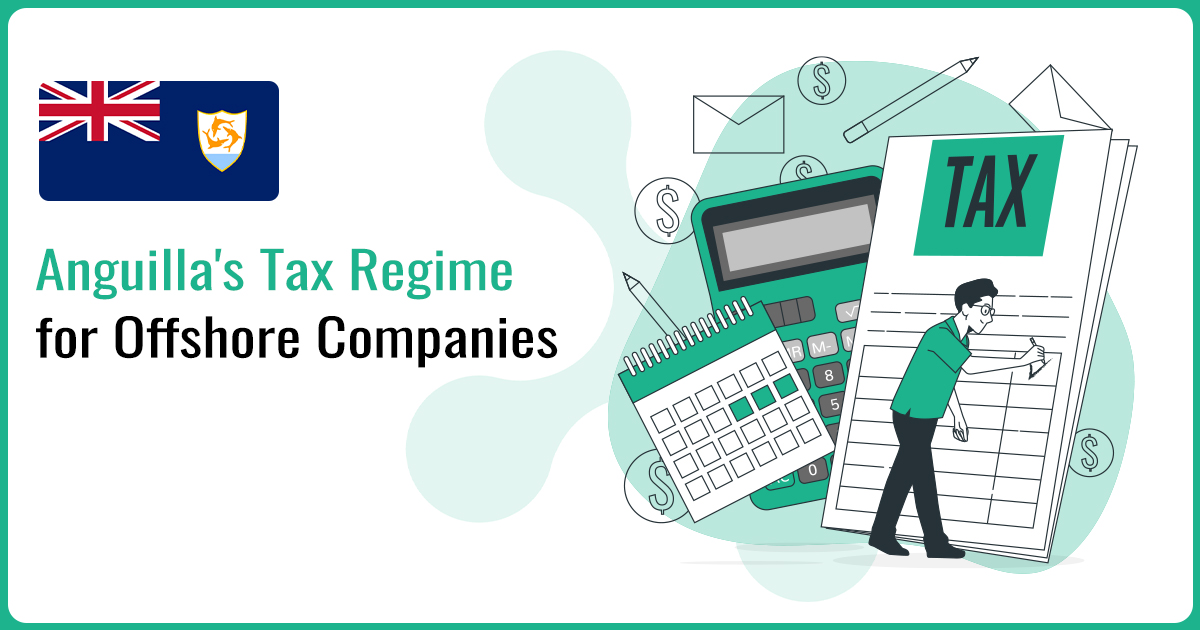Registering a trademark for an offshore company is one of the most effective ways to protect intellectual property across multiple jurisdictions. However, registering a trademark directly in an offshore jurisdiction is rarely possible or effective. Instead, the most reliable path begins with registering a trademark in the United Kingdom—a jurisdiction that allows foreign ownership and offers strong legal protections.
Once a UK trademark is secured, it can be used as the basis for an international application through WIPO, allowing an offshore company to protect its brand in over 130 countries via the Madrid System. This process offers centralized control, broad international reach, and full legal recognition for offshore entities.
Why the UK for Trademark
Offshore companies seeking global protection for their brand often start by registering a trademark in the United Kingdom. There are several strategic reasons for choosing the UK as the first step in the registration process.
First, the UK has no nationality or residency restrictions for trademark ownership. A company incorporated in the British Virgin Islands, Seychelles, Belize, or any other offshore jurisdiction may apply for a UK trademark without establishing a local branch or appointing a UK director. The only requirement is to designate a correspondence address—often handled by a professional agent or law firm.
Second, the UK Intellectual Property Office (UKIPO) operates under common law, which offers robust protections for trademark owners. UK registration grants legal rights that can be enforced in court, including the ability to stop third parties from using confusingly similar marks. This is particularly valuable for offshore companies operating in e-commerce, software, finance, or international consulting, where brand reputation is crucial.
Third, and most importantly, the UK is a member of the Madrid Protocol, meaning that a registered UK trademark can be used as a basis for international protection through WIPO. For offshore companies that cannot file directly through their country of incorporation—because it lacks a trademark registry or international agreements—the UK serves as a reliable gateway. It transforms an otherwise limited offshore structure into one capable of securing trademark protection in over 130 countries with one application.
In addition, the UK trademark registration process is efficient and cost-effective. Most applications are processed within four months, and the fees are lower than in many other G7 jurisdictions. These advantages make the UK a preferred jurisdiction for offshore companies that want to secure their brand quickly and expand globally with minimal friction.
What is WIPO?
WIPO, the World Intellectual Property Organization, is a United Nations agency responsible for promoting international cooperation in intellectual property matters, including trademarks, patents, and copyrights. For offshore companies seeking to protect trademarks globally, WIPO is the organization that manages the Madrid System—an international filing system that allows a single trademark registration to be extended across multiple countries.
The Madrid System allows a company to file one application, in one language, and pay one set of fees to protect a trademark in up to 130+ WIPO member countries. This system is especially important for offshore companies, which often want to protect their brand in countries where they conduct business, manufacture goods, or license services—even if they don’t have a physical presence there.
To access the WIPO system, the offshore company must first own a national trademark in a member country (called the Office of Origin). The UK serves this purpose effectively. Once the UK trademark is granted, the offshore company can file a WIPO application through the UKIPO, designating which countries it wants coverage in.
Each country then examines the application based on its national law. If approved, the trademark becomes protected in that jurisdiction as if it were filed locally. This gives offshore companies the ability to centralize their trademark portfolio, reduce legal costs, and manage renewals and assignments through one streamlined system.
For example, a Seychelles IBC can registering a trademark in the UK, then use WIPO to extend that registration to Germany, the UAE, Singapore, Canada, and Brazil—all without hiring a local attorney in each of those countries.
WIPO’s international framework is a cornerstone of trademark strategy for offshore companies. It ensures enforceability across borders, protects long-term brand value, and supports licensing, franchising, and digital commerce initiatives at a global scale.
Steps to Registering a Trademark in the UK and Extend it via WIPO
The process of registering a trademark for an offshore company begins with a national filing in the United Kingdom, followed by an international extension through the WIPO Madrid System. This two-stage process is not only efficient but also legally recognized in over 130 countries. While the UK serves as a stable legal base, WIPO allows for centralized control and simplified administration of global trademark rights.
Below is a step-by-step breakdown of how an offshore company can register a UK trademark and then extend it internationally using WIPO:
| Step | Action | Details |
| 1 | Choose the Trademark | Select a unique wordmark, logo, or combination mark. Avoid anything similar to existing registered trademarks. |
| 2 | Select the Trademark Classes | Identify relevant Nice Classification classes that apply to your goods or services. Multiple classes may be included. |
| 3 | Appoint a Filing Agent | While not mandatory, most offshore companies use a UK-based agent or law firm to handle the application and provide a correspondence address. |
| 4 | File with UKIPO | Submit the trademark application online to the UK Intellectual Property Office (UKIPO), listing the offshore company as the owner. |
| 5 | Examination & Publication | UKIPO examines the mark for compliance and conflicts. If approved, the mark is published for opposition for two months. |
| 6 | UK Trademark Registration | If no oppositions arise, UKIPO issues a registration certificate. The mark is now officially protected in the UK. |
| 7 | File WIPO Application | Use the registered UK trademark to submit a WIPO (Madrid System) application via UKIPO. Use Form MM2 to designate target countries. |
| 8 | National Review by Countries | Each selected country examines the application under its own trademark laws. Most respond within 12–18 months. |
| 9 | Enforceable Protection | Once approved by each country, the offshore company holds enforceable trademark rights in every selected jurisdiction. |
Real-World Use Case: Offshore Company Trademark Strategy
Consider a Belize International Business Company (IBC) that owns a software product intended for global distribution. Because Belize does not participate in the Madrid Protocol and its local IP registry is limited in scope, registering a trademark directly in Belize would not offer meaningful international protection. Instead, the company chooses to register the trademark in the United Kingdom.
After securing the UK registration, the Belize IBC submits a WIPO application through UKIPO and selects key jurisdictions: the United States, Canada, the European Union, Singapore, and the UAE. Within 12 to 18 months, the trademark becomes enforceable in all of these regions under local law, despite the company having no physical presence in any of them.
This structure allows the offshore company to enter global markets, license its software, and enforce its trademark against infringers in multiple jurisdictions—all while maintaining the legal neutrality and tax efficiency of its offshore incorporation.
Such strategies are widely used by technology startups, e-commerce brands, international franchises, and IP-holding companies structured in jurisdictions like the British Virgin Islands, Seychelles, and Cayman Islands.
Conclusion
Registering a trademark for an offshore company is not only possible—it’s a widely used and highly effective strategy for global intellectual property protection. By starting with a UK trademark registration, an offshore company gains access to the Madrid System through WIPO, allowing it to secure protection in over 130 countries with a single application.
This approach eliminates the limitations of local offshore registries and provides enforceable, centralized trademark rights under internationally recognized frameworks. Whether the offshore company operates in software, consumer goods, consulting, or licensing, this structure offers both legal certainty and operational flexibility.
Disclaimer: The information provided on this website is intended for general reference and educational purposes only. While OVZA makes every effort to ensure accuracy and timeliness, the content should not be considered legal, financial, or tax advice.













